
‘The Trump administration has made it clear that there will be no case closed in Gaza without the complete disarmament of Hamas. Shortly after the agreement came into effect, the President made a plain threat to the Gaza-based terror group: “If they don’t disarm, we will disarm them and it will happen quickly and perhaps violently.”’
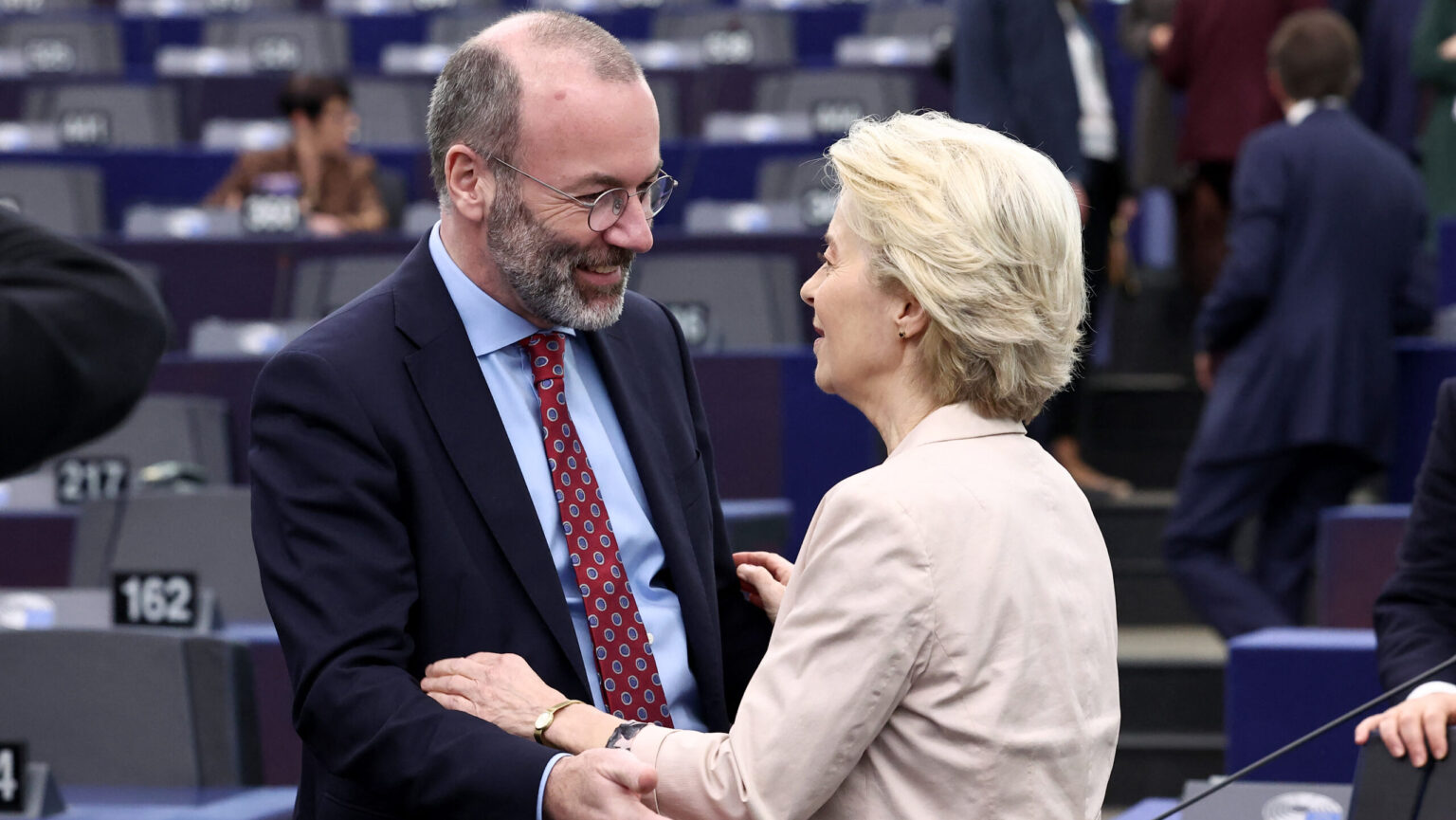
The European People’s Party (EPP) is blocking a European Parliament inquiry into alleged Hungarian espionage in Brussels, warning that such a move could strengthen Prime Minister Viktor Orbán just months before Hungary’s 2026 election. Progressive groups argue the probe is vital to protect EU institutions’ integrity.
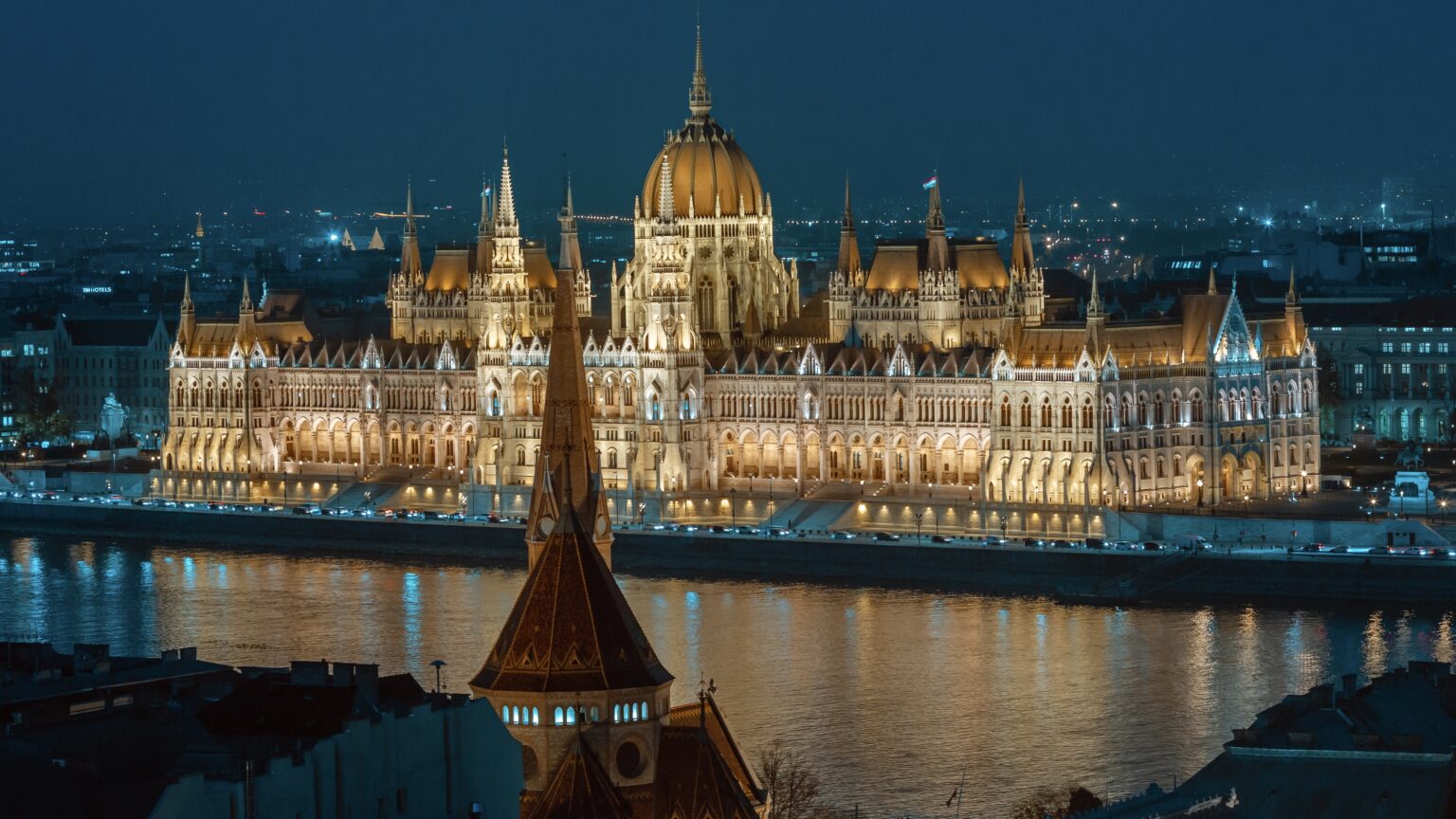
Budapest celebrates its birthday this year with a vibrant lineup of events, including the return of the popular Metro Festival, the festive party tram, and the opening of the city’s Christmas fair in City Hall Park.
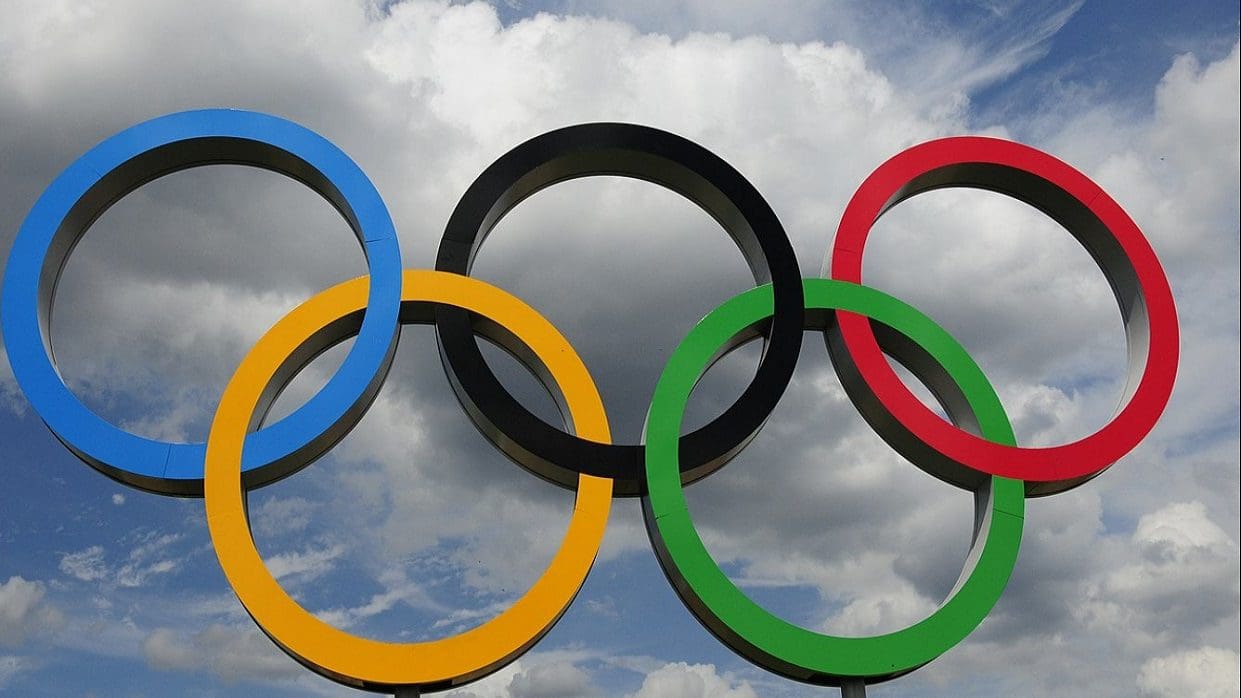
The International Olympic Committee (IOC) is set to ban biological males identifying as women from competing against female athletes, according to reports by The Times. IOC President Kirsty Coventry, the first female and first African person to serve in the position, has previously claimed she wants to ‘protect women’.

The multinational reserve exercise Moonstar 2025 has begun in Hungary, bringing together around 150 Hungarian, Polish, and Slovak reservists for live-fire tactical training, with Slovenian and Croatian observers also taking part.

‘From the Middle Ages, a rare folk custom, still popular today, was associated with the holiday: the consumption of goose dishes…The custom was traditionally explained by a scene from the saint’s legend: Martin humbly hid in the goose pen so that he would not be elected bishop, but the geese betrayed him with their cries.’

Hungarian Defence Minister Kristóf Szalay-Bobrovniczky confirmed that Hungary plans to acquire HIMARS rocket artillery systems from the United States, marking a new phase in bilateral defence cooperation. He said talks at the Pentagon followed the Trump–Orbán summit, which removed political obstacles that had stalled military contracts under the previous US administration.
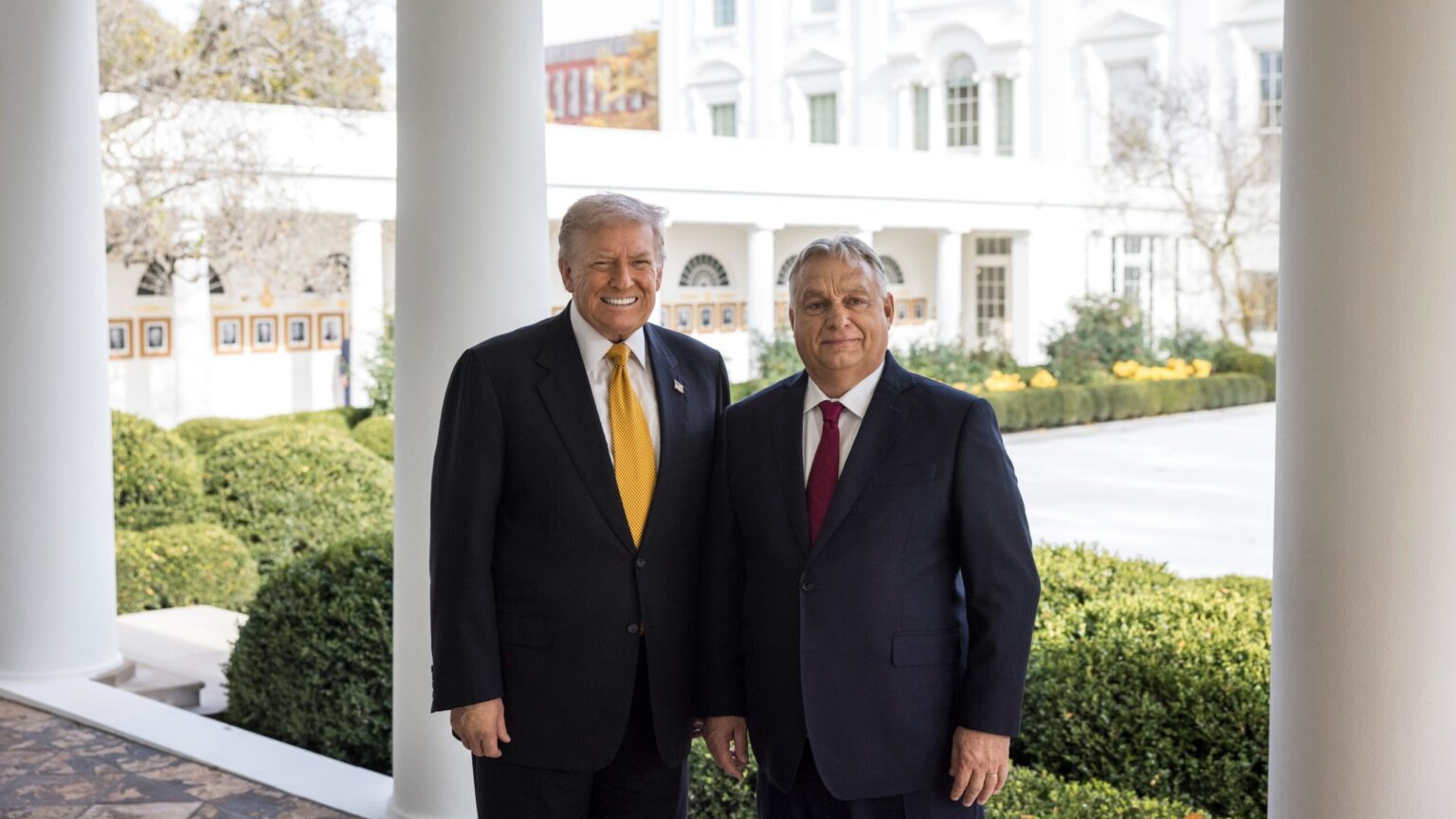
Viktor Orbán’s meeting with Donald Trump symbolized a deeper struggle for the soul of Western civilization. With Washington now backing Europe’s sovereignist governments, Hungary’s 2026 election has become more than a political contest—it is a referendum on whether Christianity, family, and nation can survive the globalist onslaught.

On his way to his meeting with US President Donald Trump, Prime Minister Viktor Orbán of Hungary was interviewed by the Center for Fundamental Rights’ Miklós Szánthó. The American and European deep state, the ideological similarities between him and President Trump, and other important topics were discussed.
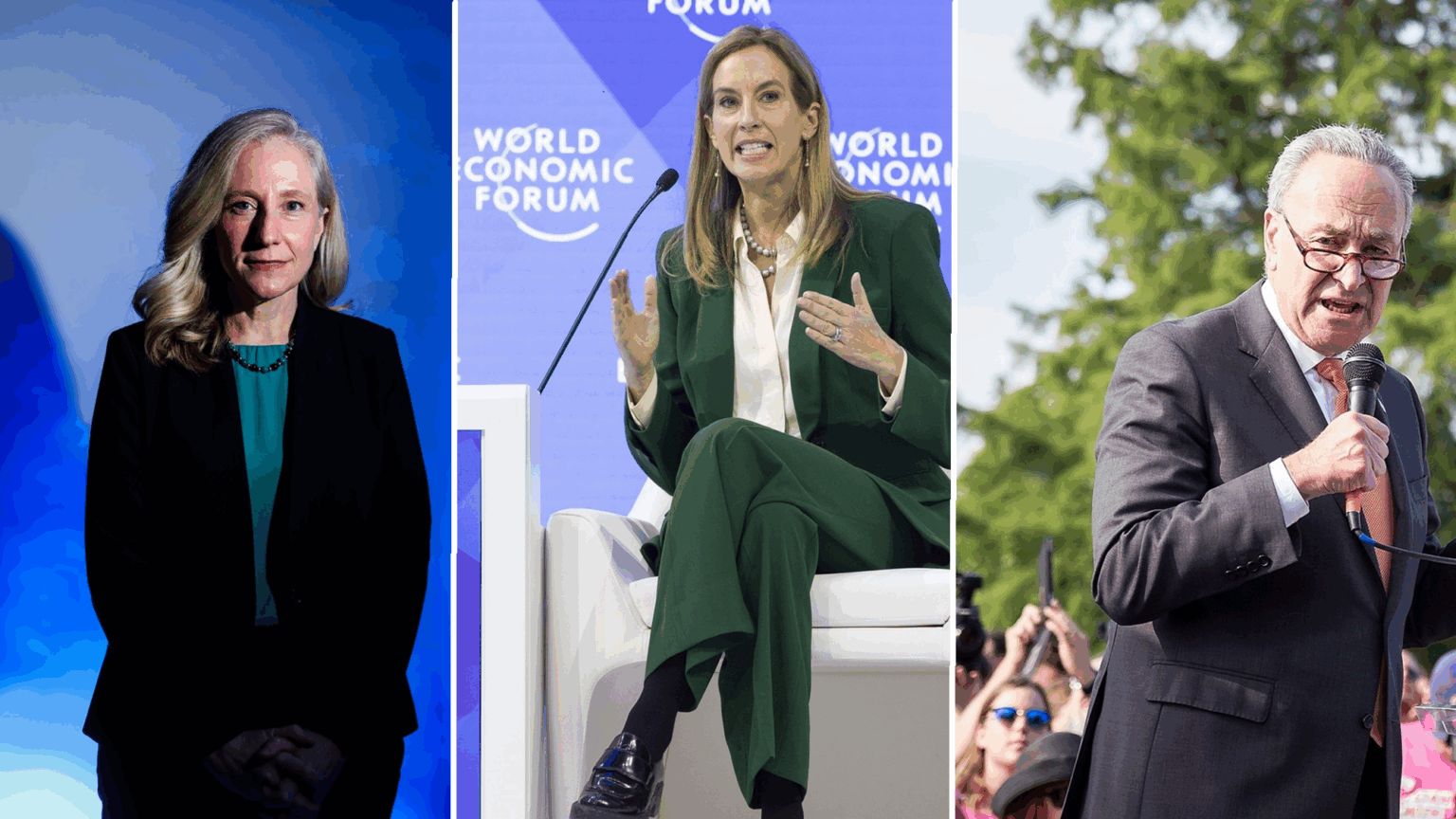
Democrats have won big in Virginia and New Jersey, and the government shutdown, thank God, is on track to end after a record 41 days. Here are a few important takeaways from the last few eventful weeks in American politics.
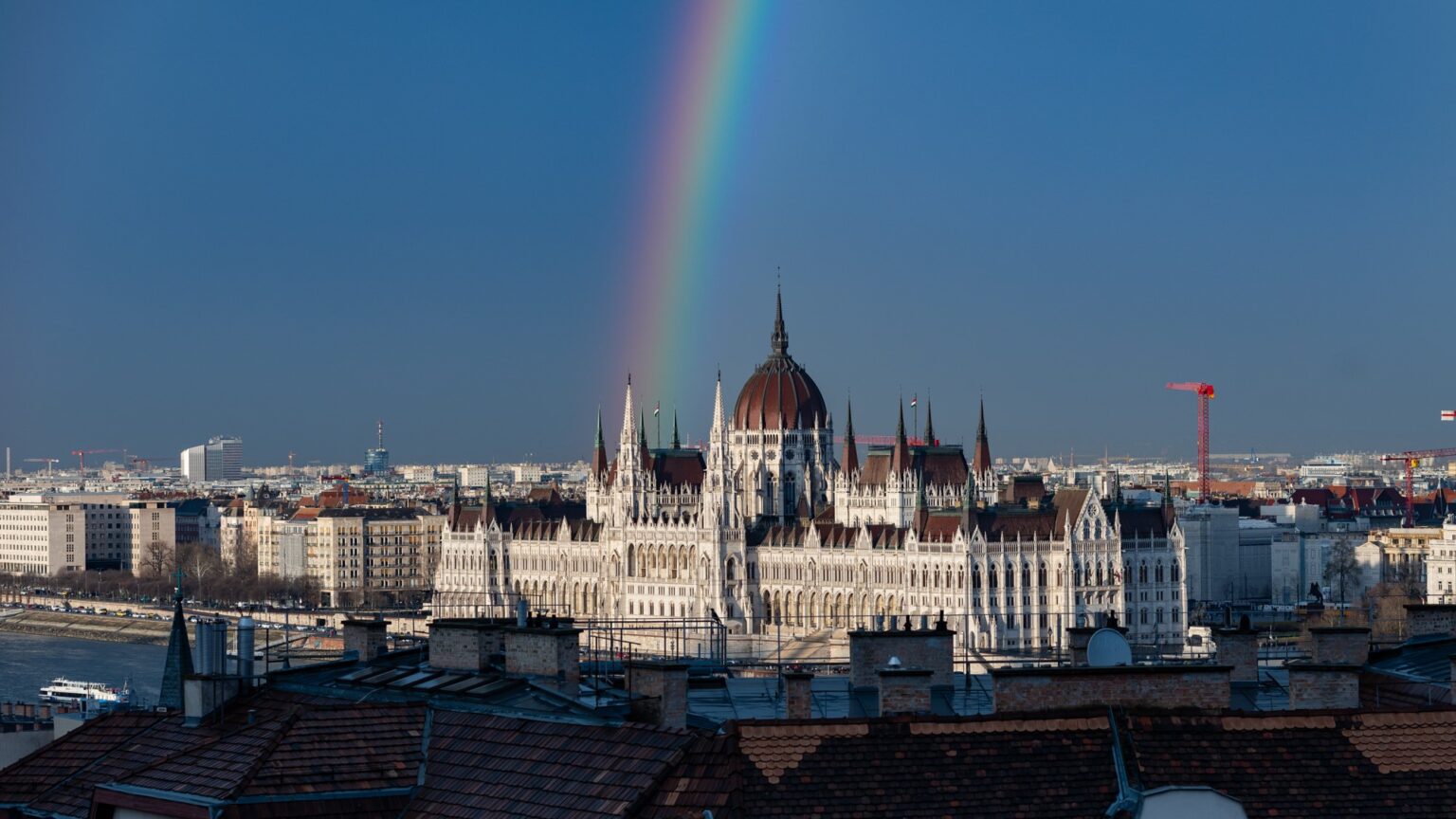
Hungarian businesses are rushing to apply for the new fixed 3 per cent loan scheme: over 5,000 applications worth 280 billion forints were filed in just one month under the Széchenyi Card Programme, the Ministry for National Economy announced.
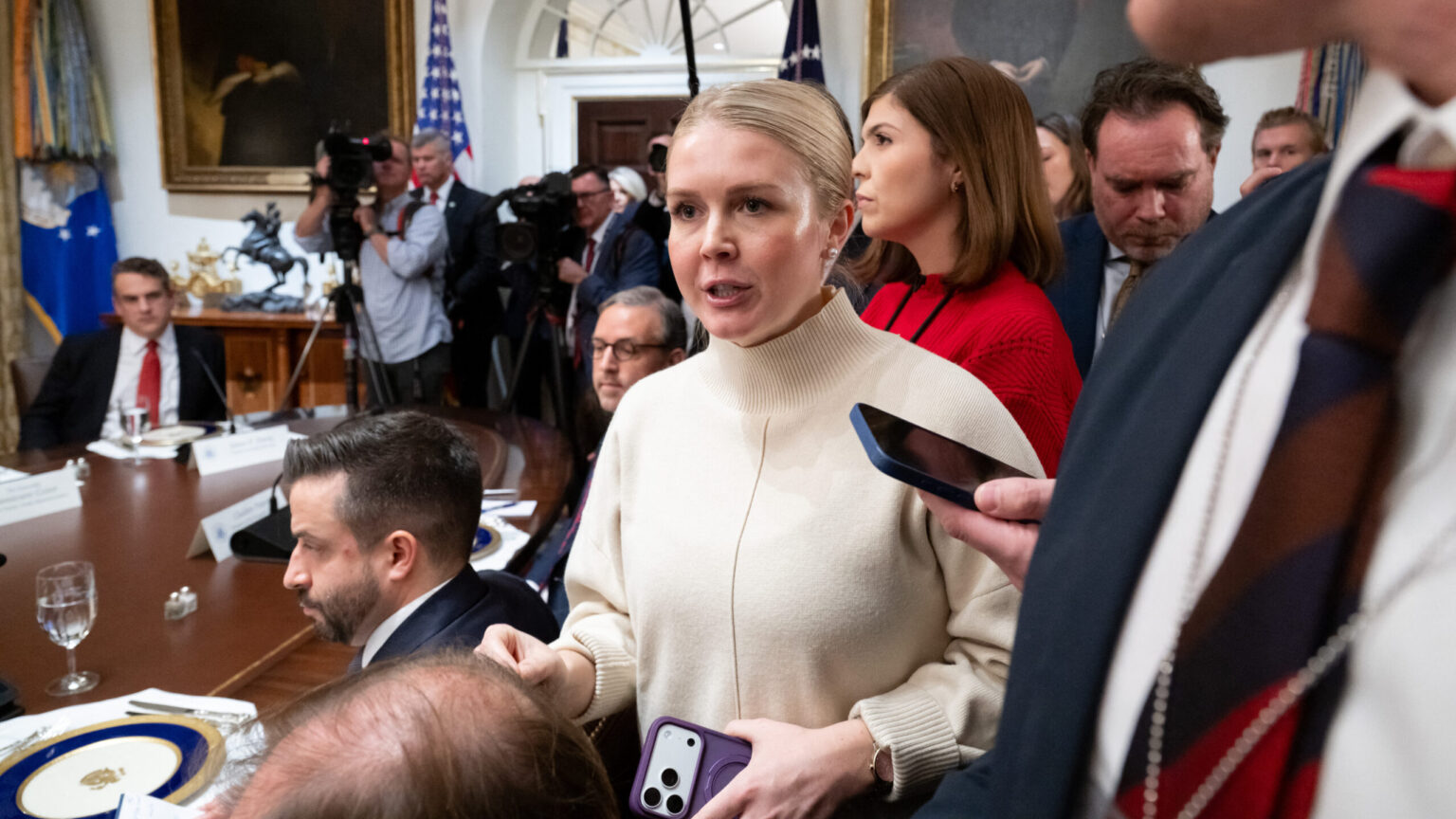
Few world leaders have appeared as natural in the White House as Hungarian Prime Minister Viktor Orbán, who met US President Donald Trump on Friday in an atmosphere of warmth and humour. During a lively press briefing, Orbán jokingly asked to hire Trump’s press secretary, Karoline Leavitt—prompting laughter and millions of views online as both leaders reaffirmed their close rapport.

A team of Hungarian students from the Mathias Corvinus Collegium (MCC) achieved an outstanding result at this year’s FIRST Global Challenge robotics competition in Panama, securing 4th place among 195 participating countries.
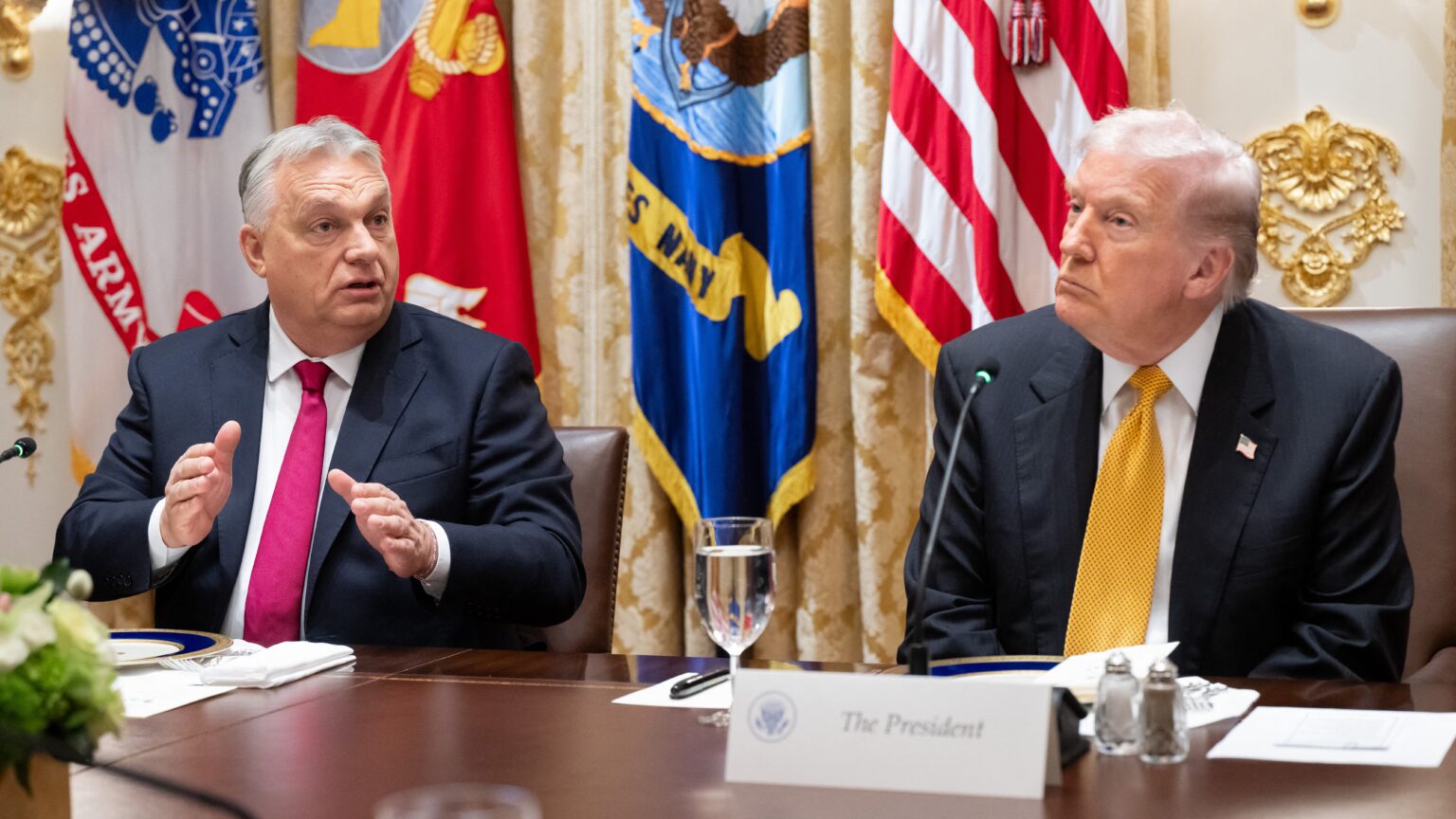
‘Attacks from the Dems are ultimately to be expected, with the cause secondary to the pure utility of attacking Europe’s most effective right-wing leader.’

Hungary could become a regional reference point in the field of modular nuclear reactors, Olivér Hortay, Head of energy and climate policy at the Századvég Foundation said following the new US–Hungarian agreement enabling the deployment of small modular reactors.
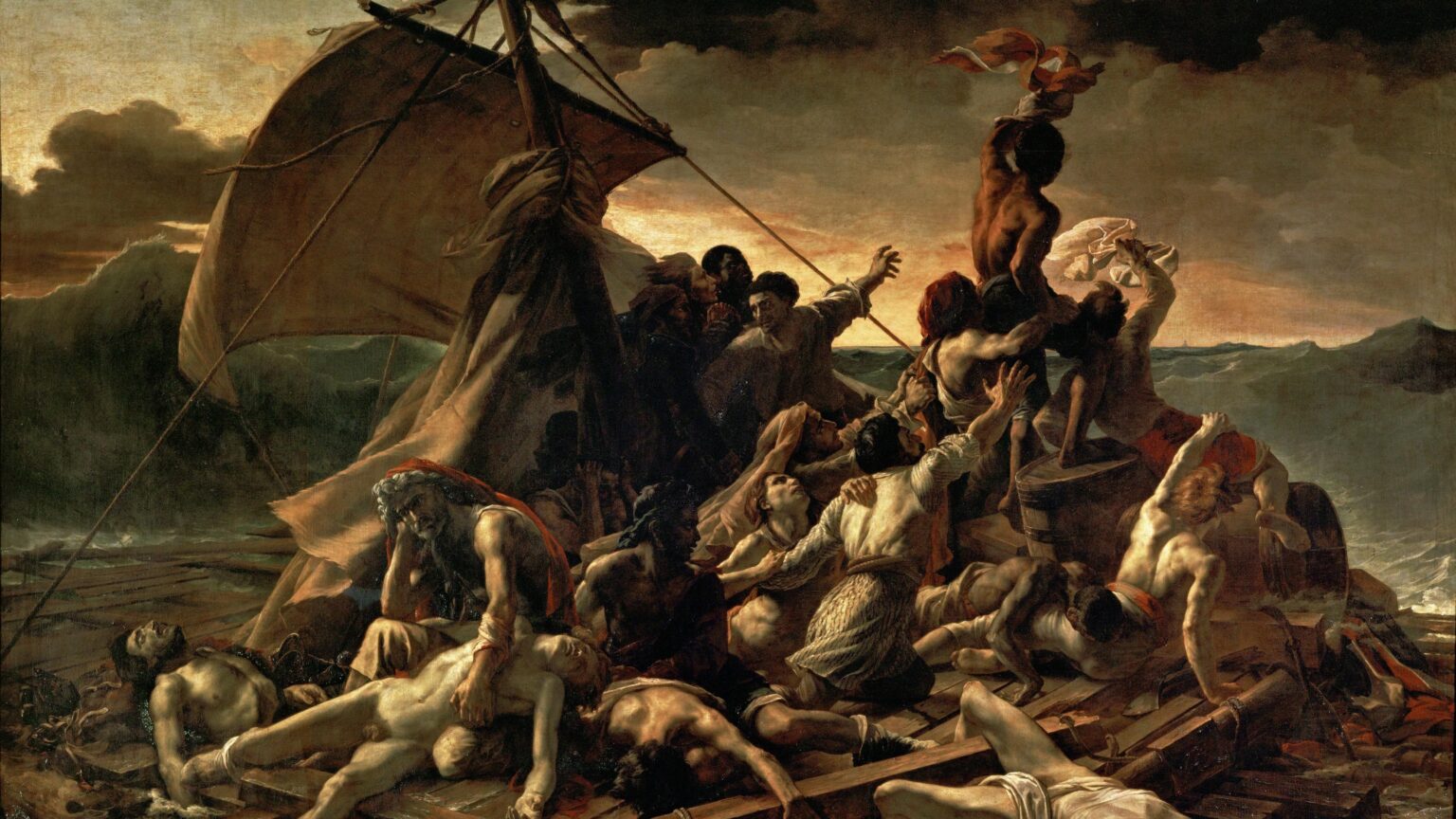
‘What does democracy look like today?…We have become socially liberal, while the government has become more federalist and centralized.’

‘By being responsive to changes at the system level, multilateralism can contribute to maintaining peace during the shifts in the balance of power that we are currently living through. Europe’s peoples would benefit from it, as would their governments’ reputation and diplomatic standing in the world.’
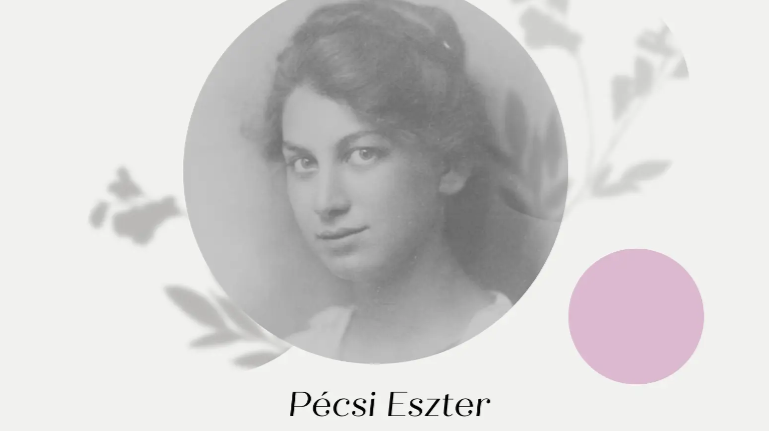
‘Our heroine wanted to become an engineer from an early age and chose the least feminine of all disciplines—structural engineering. She drew up the plans for the reinforced concrete structures of the national swimming pool designed by Alfréd Hajós…and it was her task to reinforce the collapsed roof structure of the damaged National Theatre.’

Hungary has secured a US-backed ‘financial shield’ to protect its economy from external shocks, Prime Minister Viktor Orbán said after meeting Donald Trump at the White House. He claimed that the European Commission’s ‘financial blackmail’ had become ineffective, adding that the US had promised to defend Hungary’s financial stability.

‘I wasn’t sure whether Gyula was interested romantically or only as a friend. When I asked him, he answered: “I don’t know. I find you interesting, but I have children, and they are my top priority.” I replied to him: “If you had answered anything else, I wouldn’t be as interested.” In the end, instead of Hungary, I chose Gyula…I found my true home beside him.’

‘In shedding light on his work and the history of the Hungarian Betar movement, we not only recover a lost voice of right-wing Zionism but also gain a fuller, more nuanced understanding of Jewish history in Hungary before, during, and after the Holocaust.’
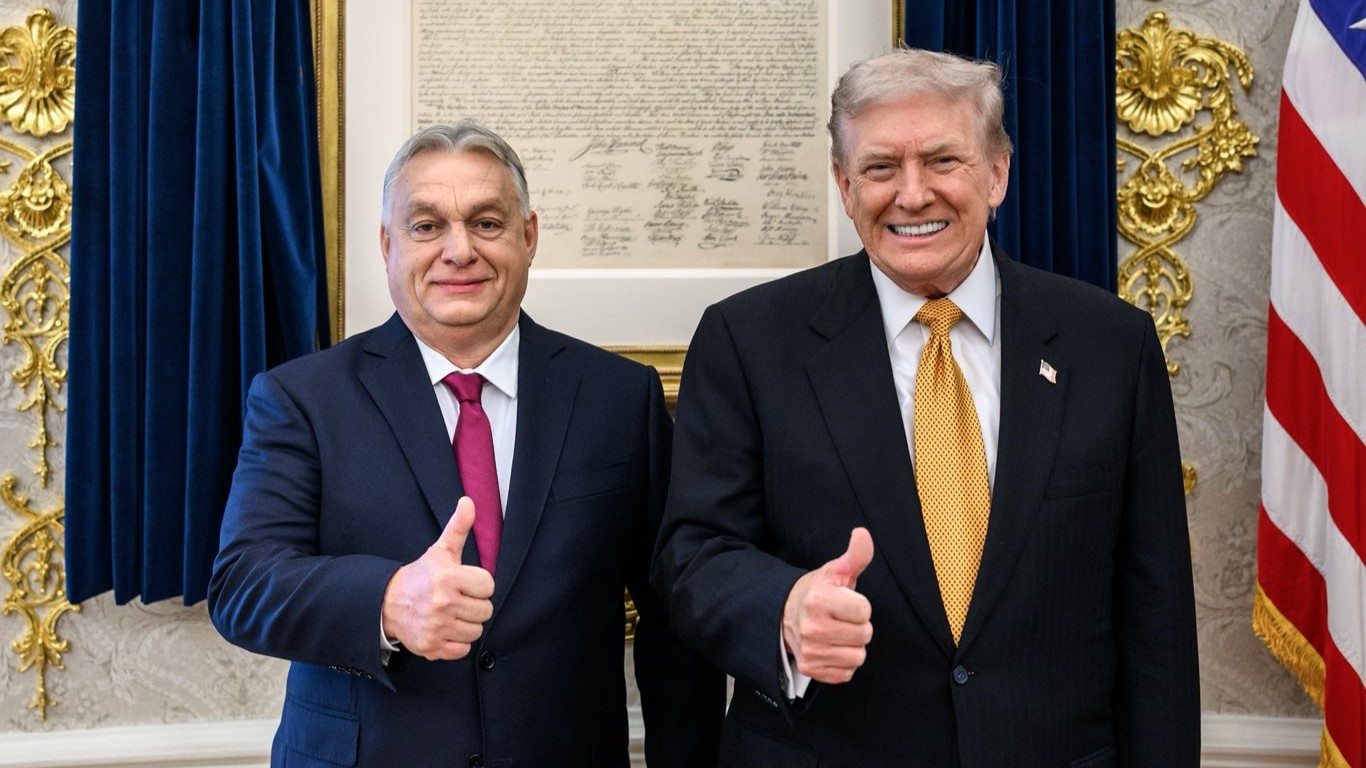
US President Donald Trump approved a full sanctions exemption for Hungary on Russian oil and gas imports during his White House meeting with Prime Minister Viktor Orbán, in what both sides called a new era of US–Hungarian cooperation. The leaders secured multimillion-dollar deals on nuclear energy, defence, and space technology.
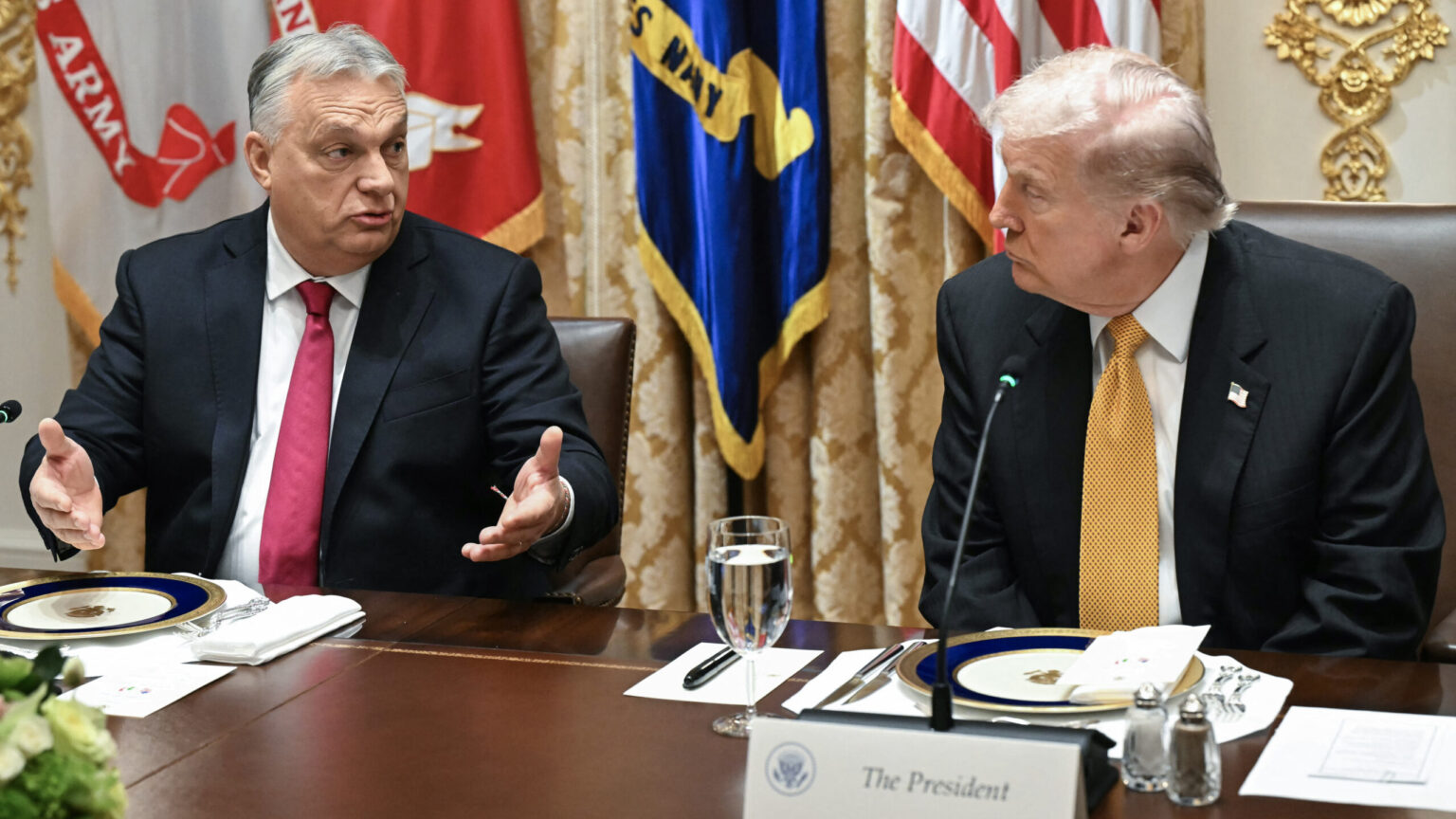
US President Donald Trump hailed Viktor Orbán as ‘a great man and a strong leader’ as he hosted the Hungarian prime minister at the White House. During their joint press conference, the two leaders discussed energy cooperation, potential sanctions exemptions, and the war in Ukraine, with Orbán reaffirming his support for Trump’s efforts to bring the conflict to an end.

Grand Theft Auto 6 has been postponed again, with Rockstar Games now targeting a 19 November 2026 release. The long-awaited sequel, originally expected in May 2026, needs additional development time to meet fans’ high expectations—extending the wait to more than a decade since GTA 5.

Lake Balaton’s 179th passenger shipping season has closed with record-breaking traffic. BAHART ferries and boats carried more than 2.3 million passengers this year, already surpassing 2024’s full-year total and signalling continued growth in regional tourism.

‘Brazil’s energy transition is marked by uneven progress. Highlights include the implementation of deforestation curbs and the robust growth of renewable energy generation…However, the country ranks 28th in the Climate Change Performance Index, among the medium performers, while the Climate Action Tracker deems its climate targets insufficient.’
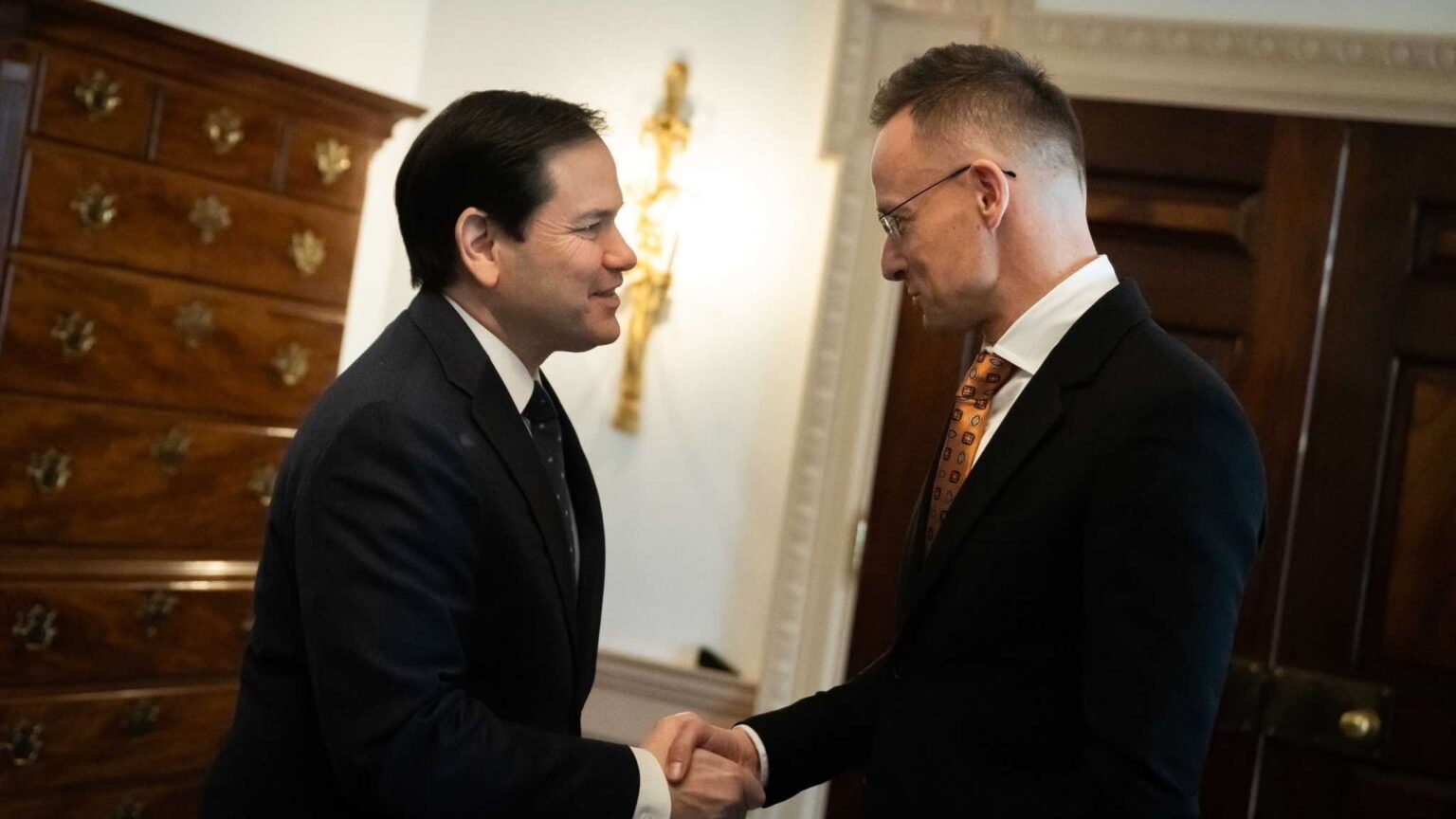
Hungary and the United States are set to deepen cooperation in nuclear energy, as Foreign Minister Péter Szijjártó announced a new intergovernmental agreement with US Secretary of State Marco Rubio. The deal focuses on fuel supply, waste storage and small modular reactors.
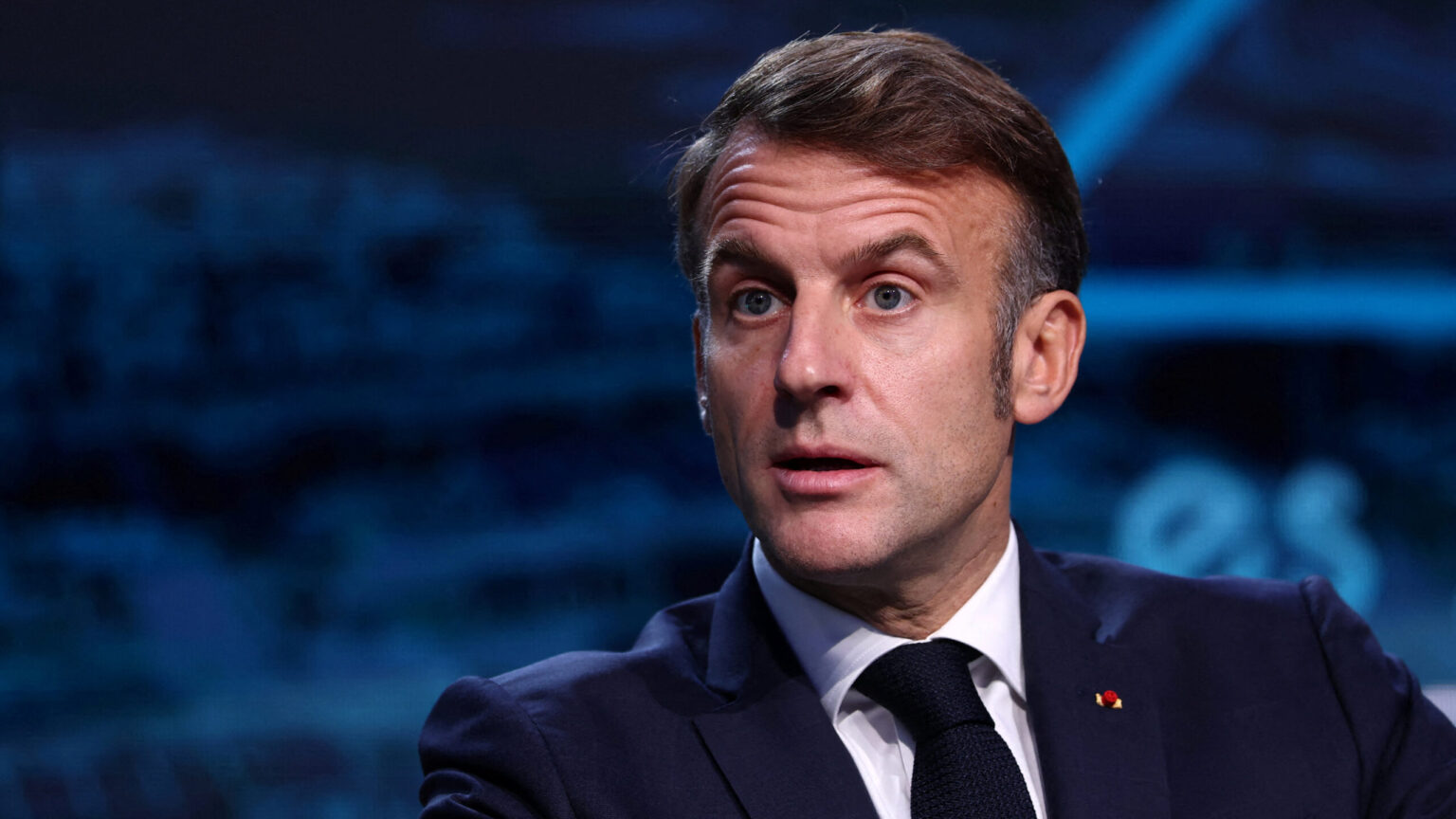
The liberal establishment appears to be turning its back on French President Emmanuel Macron. As his approval ratings collapse and his mandate nears its end, even former allies like his mentor, Alain Minc, have joined the chorus of critics, accusing him of ‘narcissism’ and ‘imperilling French institutions’ while leaving France in deep political instability.
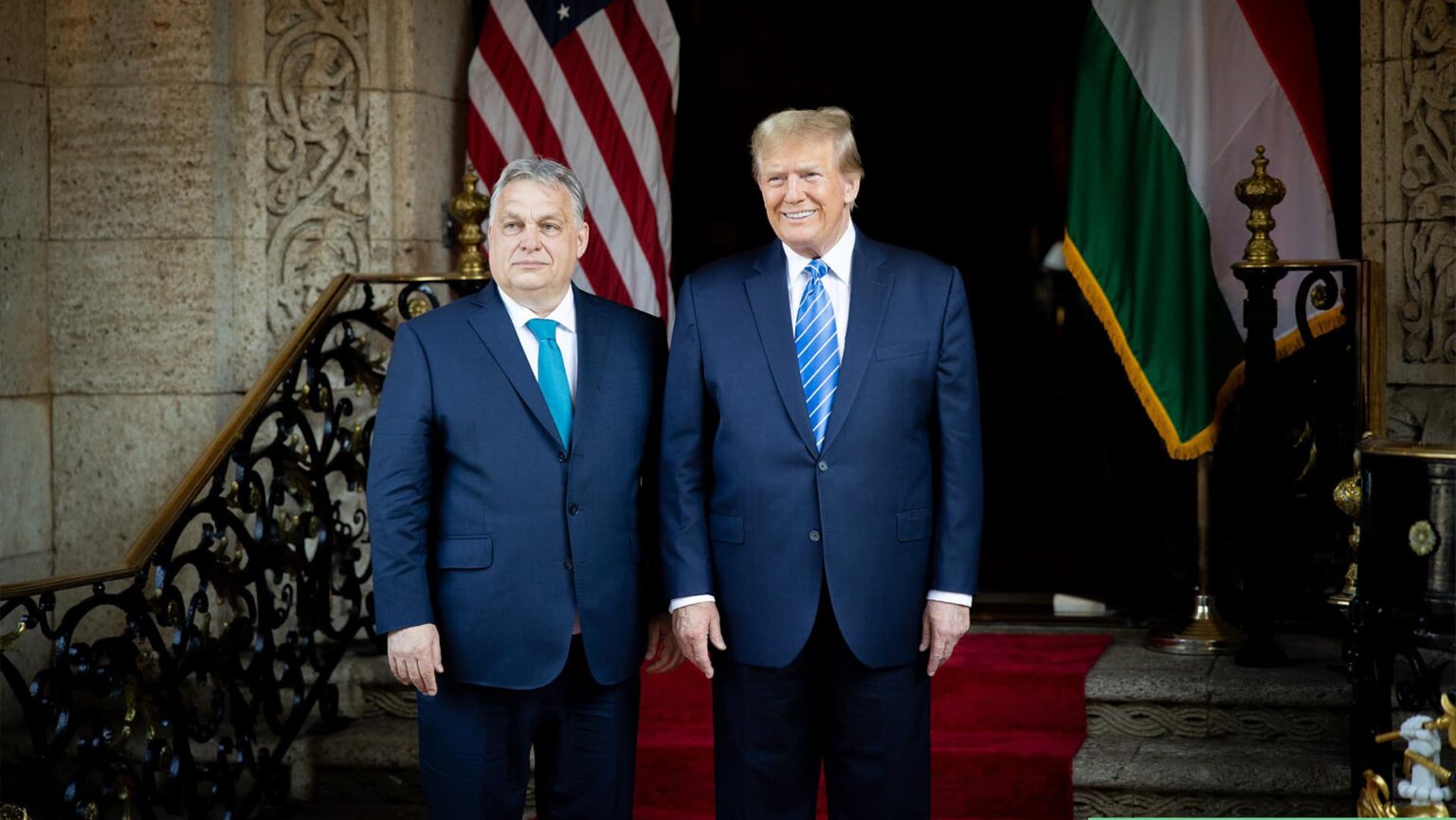
‘For us, it is a matter of life and death,’ Viktor Orbán said on his way to meet Donald Trump. Szabolcs Pásztor of the Oeconomus Economic Research Foundation pointed out that few European leaders enjoy such personal rapport with Trump, calling the visit ‘highly significant’ and predicting ‘major agreements’ between the two countries.

What will be the main topics of Viktor Orbán’s 7 November White House meeting with Donald Trump? Can he secure an opt-out on energy, and how will Hungary’s connectivity strategy hold up if global powers clash? We spoke with the Deputy State Secretary at the Prime Minister’s Office about the potential new deals between Trump and Orbán.